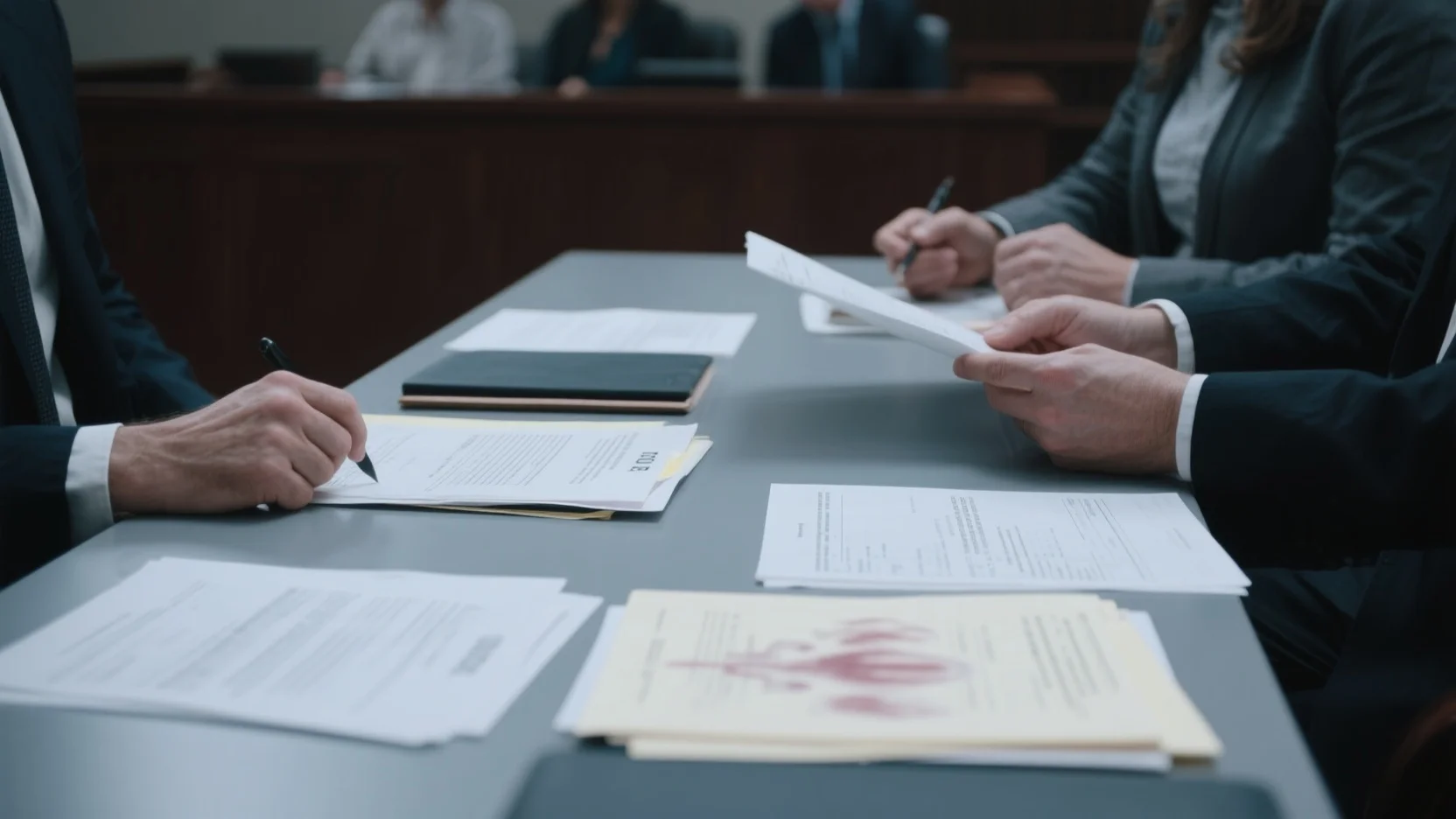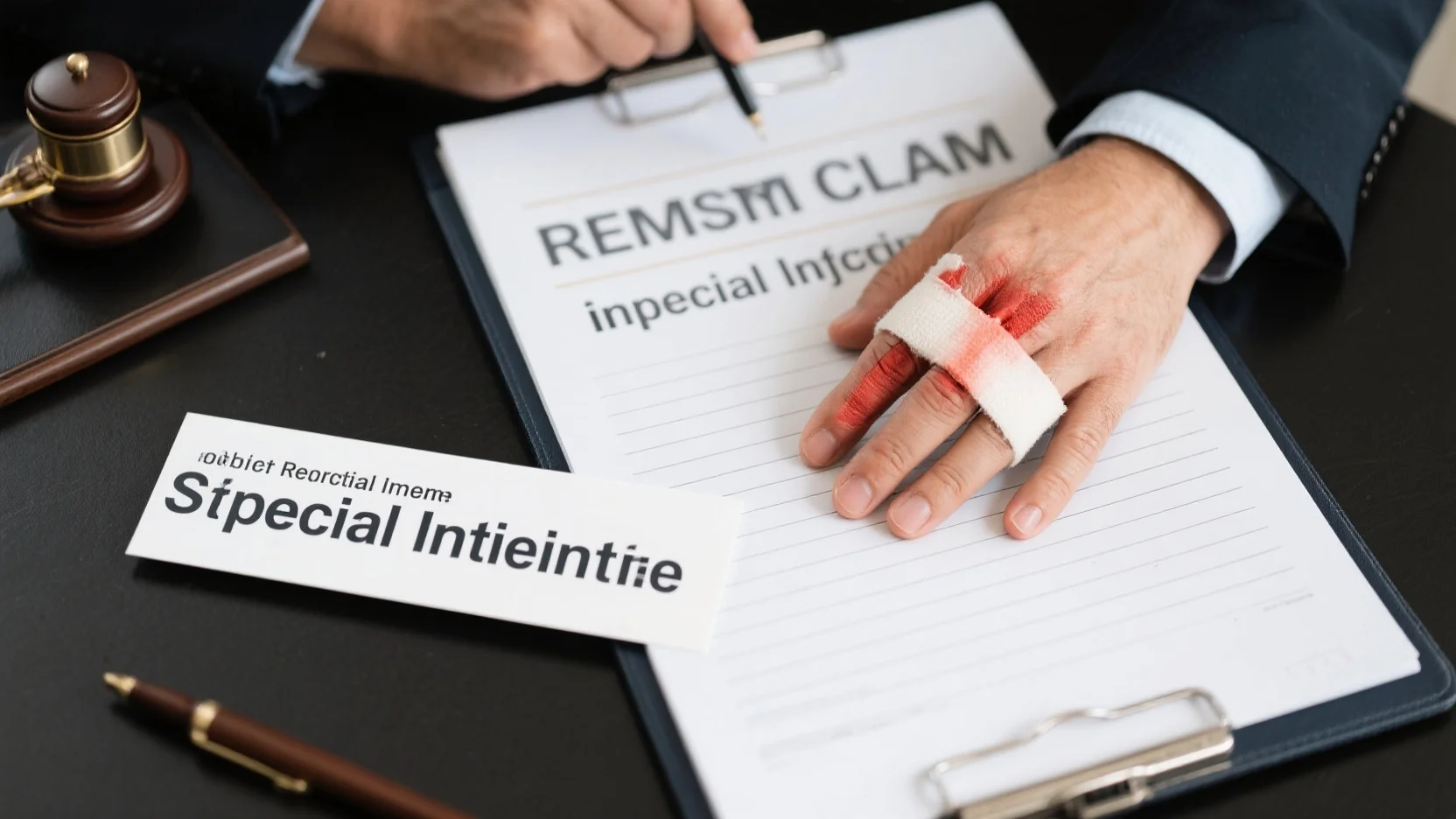
Image Source: pexels
Legal remedies provide a detailed explanation of legal remedies in special injury cases, helping victims achieve justice. These cases can be serious, involving significant injuries or medical malpractice. They require specialized legal strategies to address them effectively. Understanding the detailed explanation of legal remedies in special injury cases empowers individuals to know their rights and advocate for fairness.
Key Takeaways
- Special injury cases cause serious harm and lasting problems. Learning about these cases helps victims understand their rights and get justice.
- Compensatory damages pay for medical bills, lost income, and other costs. Knowing how to figure out these damages helps victims get back what they lost.
- Getting a good lawyer is very important in these cases. Lawyers handle tricky legal steps, collect proof, and work out fair deals so victims get the money they need.
Understanding Special Injury Cases
What Are Special Injury Cases?
Special injury cases deal with serious harm that is uncommon. These injuries can cause big physical, emotional, or money problems. Unlike regular injuries, special ones may need long-term care or changes in daily life. The law helps by focusing on the victim’s needs and making the responsible person pay.
Examples of Special Injury Cases
Special injury cases can happen in many situations. Some examples are:
- Serious injuries like spinal cord damage or brain injuries that change lives forever.
- Medical mistakes, such as wrong surgeries or missed diagnoses, causing major harm.
- Work accidents, especially with dangerous machines or risky jobs, leading to bad injuries.
These examples show how special injuries can change lives and why legal help is important.

How Are Special Injury Cases Different?
Special injury cases are not like regular injury claims. They are harder because they need more proof and expert help. Big injuries need strong evidence to show long-term effects. Victims often ask for more money because of the serious harm and care needed. The legal steps are also more complicated and need skilled lawyers to handle them.
Types of Legal Remedies
Compensatory Damages
Compensatory damages help victims recover money lost due to injuries. These damages are split into two types: economic and non-economic losses.
- Medical Expenses: Victims can get money back for surgeries, hospital stays, or therapy.
- Lost Wages: This covers pay lost during recovery or from being unable to work.
- Accident-Related Costs: Includes costs like changing a home or car for easier movement.
These damages are important because they help with the unique money problems victims face. Knowing how to calculate these costs correctly is very important in special injury cases.
Punitive Damages
Punitive damages punish people who act very badly or carelessly. Courts use these damages to stop others from doing the same thing.
For example, a judge might look at how much harm was caused and the defendant’s money situation before deciding the amount. Even if the behavior was very bad, the judge decides if punitive damages are given.
This type of remedy is rare but helps hold wrongdoers responsible in special injury cases.
Non-Monetary Remedies
Non-monetary remedies give solutions that don’t involve money. Courts might stop harmful actions or make someone follow a contract.
For example, in a workplace injury case, a court might stop an employer from using unsafe tools. These remedies protect victims in ways beyond just money, giving extra safety.
Structured Settlements and Future Care Costs
Structured settlements give victims steady payments over time for long-term needs. These payments are planned to cover future care and expenses.
Sometimes, payments go into a special needs trust. This keeps victims eligible for government help while giving extra money for care and daily needs. Structured settlements are flexible and help meet long-term needs in special injury cases.
The Legal Process
Filing a Claim
Starting a claim is the first step to get compensation. The injured person must inform the responsible party or their insurer. This includes sending a formal claim with injury details and damages. Acting quickly is important because there are strict deadlines. These deadlines, called statutes of limitations, vary by location. Missing them means losing the chance to file a claim.
Evidence Collection and Documentation
Good evidence is key to winning a special injury case. Collecting the right proof shows who is at fault and the harm caused. Important evidence includes:
- Accident reports that explain what happened clearly.
- Witness contact details and their statements to support the case.
- Photos or videos showing the accident, injuries, or damage.
- Medical records proving the injuries and linking them to the event.
- Expert opinions explaining how unsafe conditions caused the harm.
Organizing this evidence well makes the case stronger and improves success chances.
Negotiation and Settlement Discussions
Most cases end with a settlement instead of going to court. But, there can be problems during these talks. For example:
| Problem | Solution |
|---|---|
| Low offers | Show more evidence to prove the need for higher payment. |
| Disputes about fault | Use witness statements and expert opinions to clarify blame. |
| Delays | Keep contacting insurance adjusters to speed up replies. |
| Ignored future costs | Use expert advice to show long-term medical or money needs. |
Solving these problems helps victims get fair payments without long court battles.
Litigation and Trial Process
If no agreement is reached, the case may go to court. This means filing a lawsuit and presenting the case to a judge or jury. Only about 5% of personal injury cases go to trial, as most settle earlier. In court, both sides share evidence and arguments. The judge or jury decides who is responsible and awards damages if needed. Trials take time but can bring justice when talks fail.
Role of Legal Representation
Why Hiring a Skilled Lawyer Matters
Getting a skilled lawyer is very important for special injury cases. These cases can be tricky, with tough legal and medical details. Lawyers with lots of experience know how to handle these challenges. They are good at making deals and speaking well in court. Reviews from past clients can show if a lawyer is helpful and reliable. Picking the right lawyer gives victims a strong helper to fight for them.
How Lawyers Help Get Fair Payments
Lawyers are key to getting fair money for victims. They figure out costs like medical bills, lost pay, and future needs. Their knowledge helps find all possible ways to get money, like insurance or responsible people. By showing strong proof and negotiating well, lawyers make sure victims get the money they need.
Making Legal Steps Easier with Expert Help
Legal steps in special injury cases can feel confusing. Filing papers, collecting proof, and meeting deadlines take careful work. Lawyers help victims with every step and follow all rules. They know the laws and make sure no mistakes happen. With their help, victims can focus on healing while lawyers handle the hard legal work.
Avoiding Problems with a Lawyer’s Knowledge
Special injury cases can have problems like proving fault or tough insurance companies. Lawyers stop these problems by building strong cases and fighting back. They plan ahead to fix issues before they happen. Their skills save time and improve the chances of winning the case.
Challenges and Tips
Common Challenges in Special Injury Cases
Special injury cases can be tricky and hard to handle. Proving who is at fault is tough, especially with unclear evidence or many people involved. Insurance companies often try to pay less by blaming victims, saying injuries aren’t serious, or delaying payments. Victims might also struggle to gather enough proof, like missing documents or no witnesses. These problems need good planning and expert help to solve.
To handle insurance companies better, people can:
- Get a personal injury lawyer to fight for fair payments.
- Keep records like photos, witness notes, and medical papers.
- Be careful not to say things that hurt their case.
- Avoid quick deals that don’t cover all their losses.
- Learn about common tricks insurance companies use to stay protected.
Tips for Strengthening Your Case
Making a strong case needs careful work and good records. Victims should:
- Save medical papers to show injuries and treatments.
- Get witness stories quickly to keep them accurate.
- Write down all costs, like doctor bills and lost pay.
Photos and videos of the accident, injuries, and damage can help a lot. Official reports about the accident are also very useful and should be collected. Seeing a doctor right away is very important too. Quick care shows how bad the injuries are, stops insurance from saying they’re minor, and avoids problems that could weaken the case.
When to Seek Legal Help
Some signs mean it’s time to get a lawyer. Serious injuries needing medical care often require legal advice. Fights over who is at fault, trouble with insurance, or not knowing legal steps are other reasons to ask for help. Acting fast is important to meet deadlines and protect rights. Lawyers can handle tough steps, get fair money, and explain legal options so victims can get justice.
Legal remedies in special injury cases help victims in many ways. They make sure victims get justice and hold wrongdoers responsible. These remedies also focus on fixing harm and making things fair. Knowing the legal process helps victims handle tough steps, understand losses, and talk about fair payments. Getting help from a lawyer ensures victims get fair money and their rights are safe.
🛡️ Legal remedies give victims support and stop bad actions, encouraging fairness and responsibility in the community.
FAQ
What is the time limit to file special injury cases?
The time limit depends on the state’s rules. Victims should talk to a lawyer quickly to file their case on time.
Can victims get money for emotional pain?
Yes, victims can get money for emotional pain. This is part of non-economic damages, which cover suffering and mental harm from the injury.
How long does it take to finish a special injury case?
The time needed depends on how hard the case is. Some cases end in months, but others with court trials can take years to finish.


